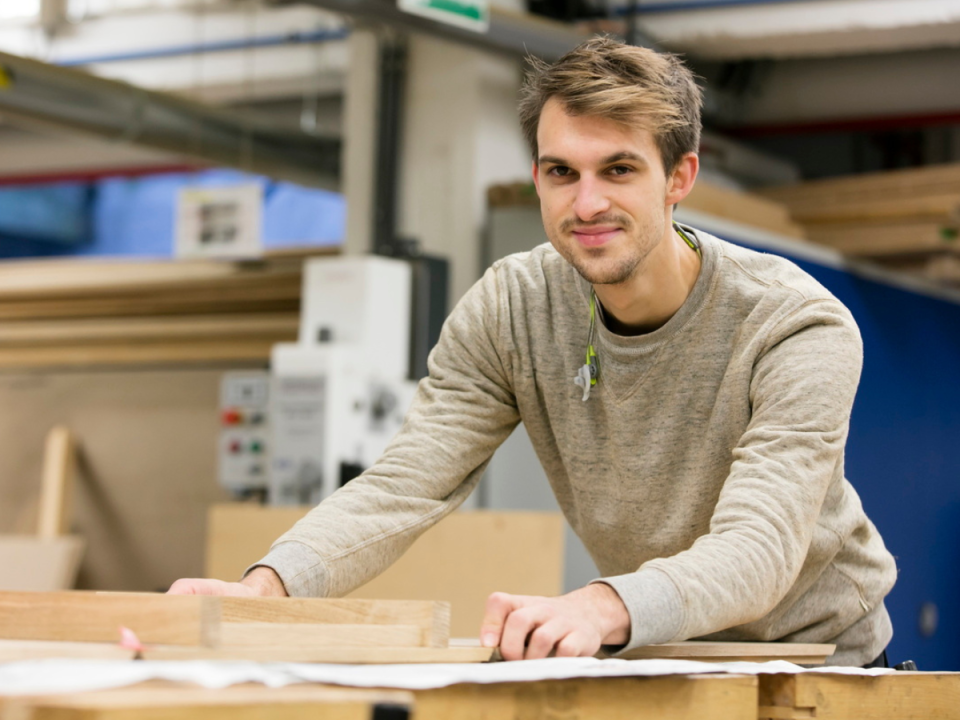Language is a key-element to establish learning in everyday society. In order to stimulate language learning in education, authentic meaningful tasks should be incorporated in the curricula. Science and technology (S&T) lessons can be found strong partners in this case, as students have to fulfil complex and challenging projects during these classes where they have to understand different types of knowledge, facts, demands and information. Communication with peers and teachers about the outline of the projects, results and hypotheses is also an important part of the S&T-lesson. This offers some new challenges due to the associated skills required, such as abstract thinking, an underlying assumption of causality, and mastering a relatively complex vocabulary and grammar, all of which imply an advanced level of language proficiency
Recent Flemish research determined that children at the age of 10-14 with a low socio-economic status and children who speak a home language that is different from the language of instruction find it more difficult to understand exercises and tasks in science and technology lessons and face an extra challenge in performing highly on this subject. Diminishing the language barrier should be a priority in order to unleash students’ talents in science and technology. Although several studies have been done in this topic, many teachers still struggle with this type of support for their pupils.
This project determines the challenges (in- and pre-service) teachers experience in order to give more language supportive science and technology lessons. Based on these reported challenges and needs we develop and test a tool through extensive collaboration between educators with different expertise and backgrounds (primary teachers, preservice-teachers, teacher-educators and experts). This tool provides extensive support for teachers that want to make science and technology education more language sensitive and supportive.






